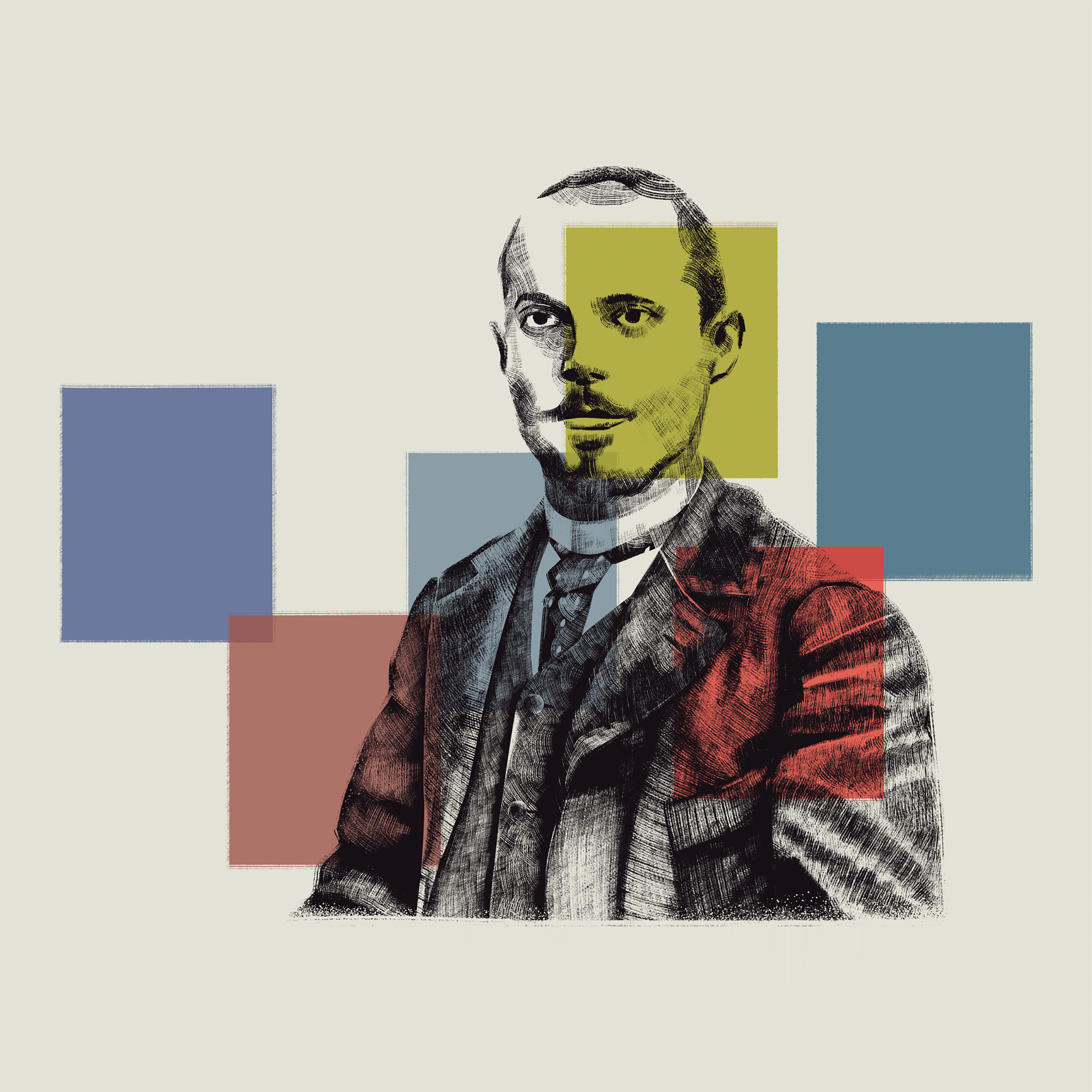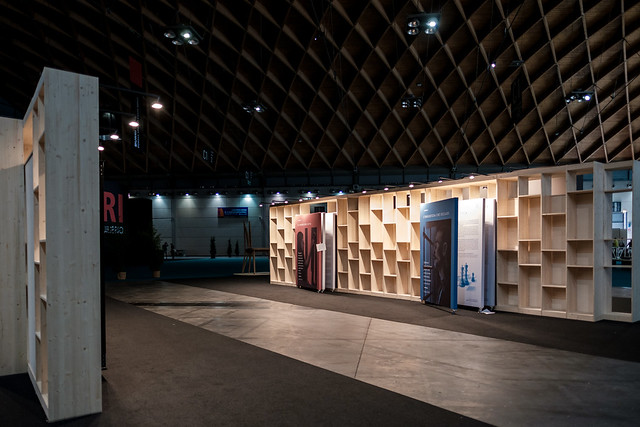THE GREAT RESTLESSNESS. PÉGUY AND THE HARMONIOUS CITY

Curated by Ubaldo Casotto
Promoted by Fondazione Costruiamo il Futuro e Fondazione Censis
“There is so much of that explosive inside his voice that alone would be enough to throw away the buildings of our tranquility”.
Carlo Bo
150 years after his birth (1873), Charles Péguy offers us a testimony of what it means to live in a phase of “epochal change” without giving up being protagonists of our time. Pope Francis significantly defines our era as not just a “time of change,” but a phase of “epochal change,” characterized not only by the transition from an industrial to a digital economy, with all the consequences this entails for individuals and nations, but also by the disappearance of moral certainties and cultural values that are no longer recognized as such.
Péguy experienced a similar situation on the cusp of the 19th and 20th centuries (“The world has changed more in the last decade than it has since Jesus Christ”), as France transitioned from an agrarian and artisanal economy to an industrial one and began the process of de-Christianization in favor of a culture and ideology of progress that eroded the collective experience, severing ties not only with the Catholic tradition (“We must endure the pain of seeing entire worlds, entire humanity, live and thrive without Jesus”), but also with the cultural and civilizational legacy that history bequeaths to each generation (“It is, in fact, the first time in the history of the world that an entire world lives and thrives, seemingly prospers, against all culture”).
This is what Péguy referred to as the advent of the “modern world.” In Péguy’s monumental work, which was showcased in an exhibition at the Meeting in Rimini in 2014 on the centenary of his death (“Story of a Carnal Soul” curated by Pigi Colognesi), a path has been traced starting from the idea of the “Harmonious City,” the title of one of his books written during his socialist and atheist period. This idea serves as a common thread throughout his life, his thinking, his political commitment, and his editorial activities. It is not a project, least of all a “program” (a word that Péguy despised), but rather its foundations. When speaking of his Christianity, Péguy rejects the word “conversion,” stating that his was a “deepening,” a going to the depths. Von Balthasar agrees with him and writes of Péguy, “no one has ever spoken so Christian.”
The exhibition, therefore, does not propose an analysis of his social thinking, which inevitably appears dated, especially in his utopian projections. Instead, it focuses on the strength of the questions he poses, the problems he highlights, the impact of the scandal he can provoke, and the hope he transmits. As he himself said, though not referring to himself, “a great philosophy is not one that pronounces definitive judgments… it is one that instills restlessness, that provokes a jolt.”
In 1976, a conference titled “Péguy vivant” was held in Lecce, which clearly illustrates how this writer’s poetics shed light on the problems, anxieties, and questions of contemporary individuals and society. In this regard, the curator took the liberty to interview Péguy: the questions were posed by the curators, and the answers were constructed entirely from Péguy’s own words.








